

CHCNav Autosteer
The Future of
Autonomous Farming
Fully autonomous tractors and autosteering kits with self-steering and self-navigating capabilities,
revolutionising Australian agriculture with precision technology.
Simply fill out the form below and we will get back to you as soon as possible.
Fully autonomous tractors are self-steering and self-navigating farm tractors capable of performing predetermined workflows without manned operation. Using in-built GPS and GNSS systems, autonomous tractors in Australia use satellite navigation to independently calculate their positioning and navigate with high accuracy.
Fully autonomous tractors are equipped with integrated systems and processors to facilitate a wide range of harvest and field operational workflows alongside providing self-monitoring and real-time data analytics and performance reporting capabilit
From autosteering kits compatible with a range of tractors to GNSS base stations for geospatial data collection, our range of farm management software and hardware are an investment in agricultural innovation. Browse through our full range of precision agriculture products to find the right technologies for your commercial and industrial applications.
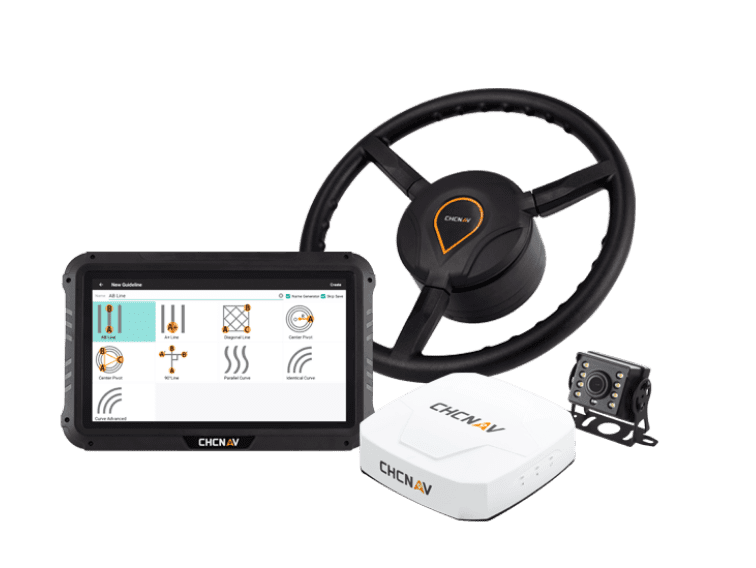
The NX510 SE advanced automated steering system uses all available GNSS constellations and an inbuilt radio receiver paired with an RTK base station to provide low-cost correction signals with a…
Learn More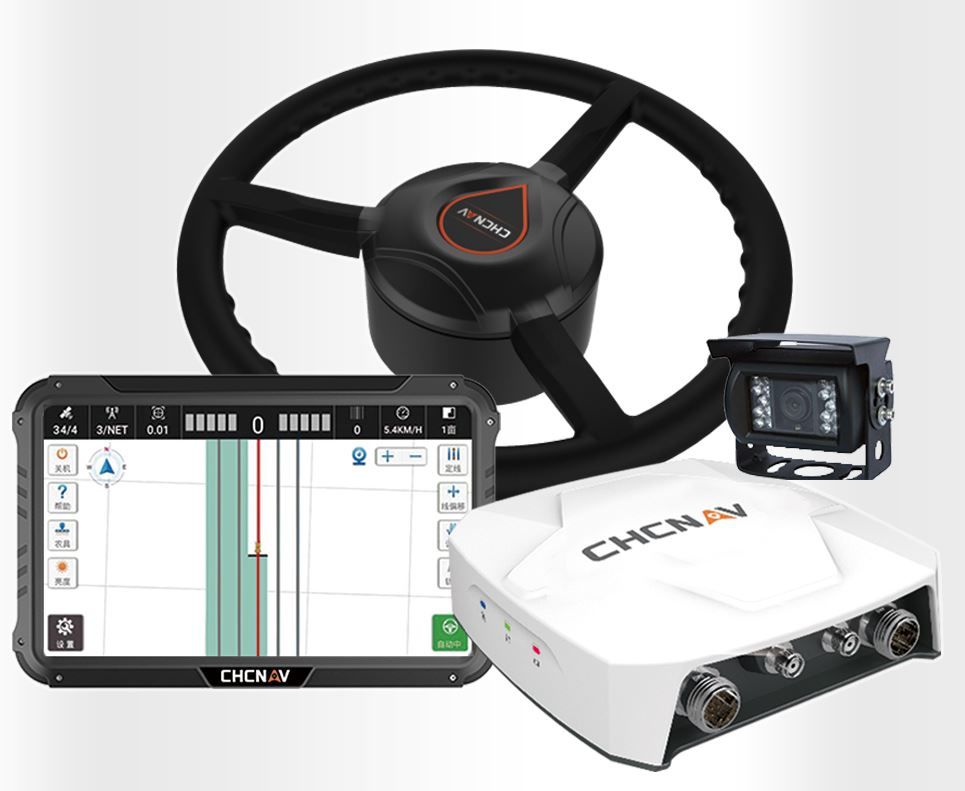
The I90+ Pro high-performance GNSS receiver combines a built-in GNSS-IMU with RTK positioning capabilities, allowing for L-Band satellite correction signals and subsequently superior GPS accuracy for geospatial data collection and…
Learn More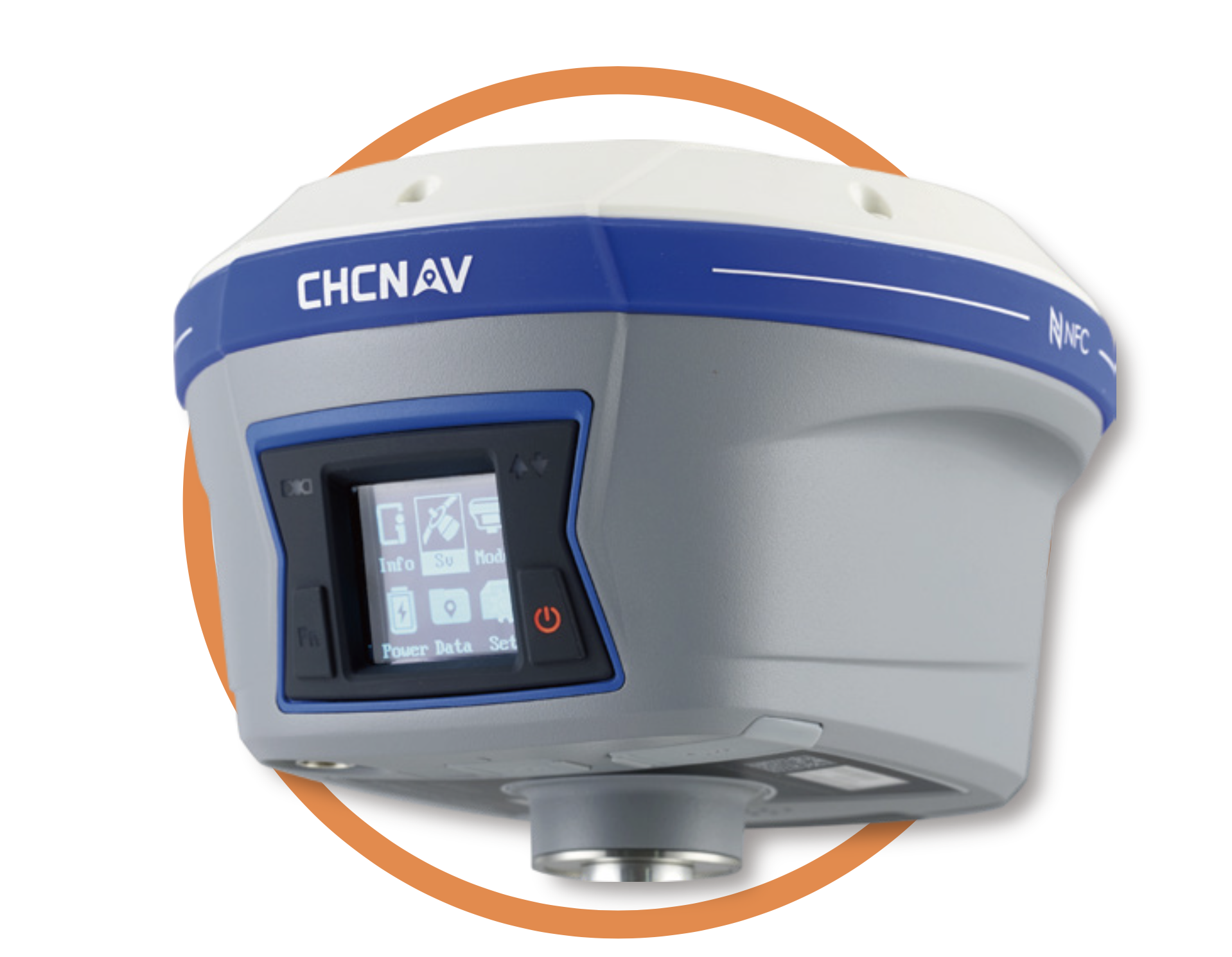
The I90+ Pro high-performance GNSS receiver combines a built-in GNSS-IMU with RTK positioning capabilities, allowing for L-Band satellite correction signals and subsequently superior GPS accuracy for geospatial data collection and…
Learn More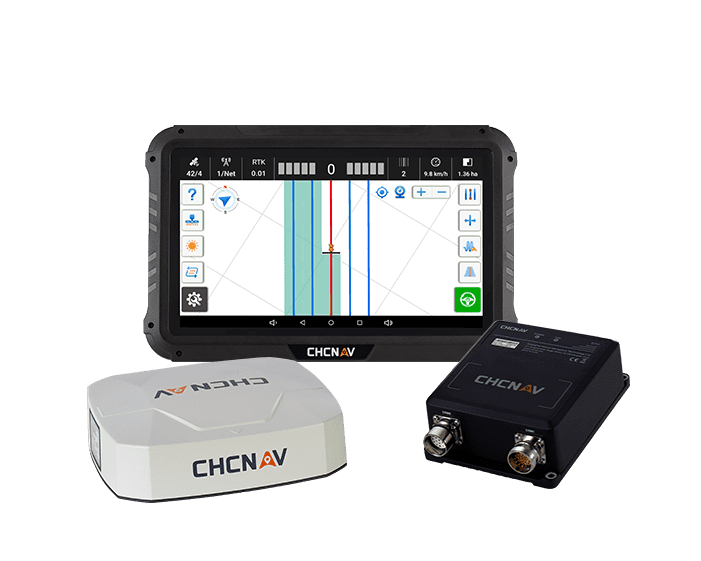
A hydraulic compliant autosteering system with an integrated GNSS navigation system, the CHCNav NX510 Steer Ready provides both accurate geospatial data insights and precise steering for a variety of vehicles.
Learn More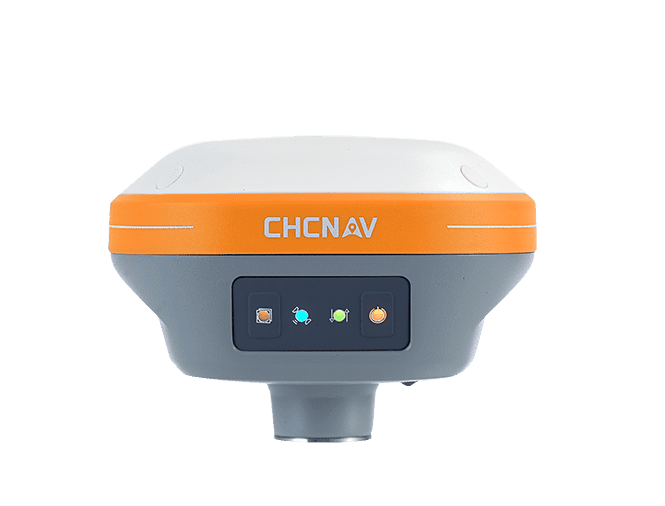
The next step in RTK positioning and base station technology, the i73+ is equipped with built-in IMU technology to provide better GPS accuracy at tilts of up to 30 degrees.
Learn MoreAdvanced technology working in harmony to revolutionize farming operations
High-performance sensors, radars, and computer vision technologies enable accurate identification and avoidance of obstacles including humans, livestock, and environmental obstacles.
Integrated satellite navigation systems enable independent positioning calculation and high-accuracy navigation across your fields.
Emergency stop features and alert systems provide immediate response to potential hazards, ensuring safe operation at all times.
Real-time updates on tyre pressure, soil conditions, and vehicle navigation status.
Sophisticated anomaly detection powered by advanced algorithms for optimal performance.
Continuous monitoring and reporting of all system components for reliable operation.
Using iQuus Autonomy control solutions pioneered by GPX, an industry-leading developer of driverless technology in agriculture, our autonomous tractors provide the following dynamic capabilities:
Compare the capabilities and features of autonomous tractors against traditional solutions.
| Features | Traditional Tractors | Autonomous Tractors |
|---|---|---|
| Manual operation | Available | Available |
| Low upfront cost | Yes | No |
| Autonomous operation | No | Yes |
| Compatibility with implements | Limited | Full |
| Built-in GPS navigation | No | Yes |
| Simple learning curve | Yes | No |
| Real-time system alerts | No | Yes |
| Predictive maintenance | No | Yes |
| Data analytics | No | Yes |
| Environmental monitoring | No | Yes |
| Support for precision agriculture | No | Yes |
Scalable and adaptable technologies over static solutions
Real-time updates and high-performance processors
Evolves alongside industry advancements
Improved scalability and versatility
Tailored for Australia's high-output agriculture
Supports diverse agricultural operations
Alongside standard tractor operations including ploughing, tilling, seeding, fertilising or spraying, harvesting, and general transportation, autonomous tractors boast these other unique use cases:
Using real-time data analytics and precise monitoring, autonomous tractors support optimised crop cycles with improved yields and reduced waste.
Research: Automation & Robotics IntegrationWith in-built GPS and LIDAR systems, autonomous tractors aid in assessing and improving field designs and path planning.
Research: GPS & LIDAR ApplicationsMachine learning capabilities support the precise application of fertilisers and pesticides, minimising resource consumption.
Research: Machine Learning in AgricultureUsing sensors to monitor soil conditions and crop health, autonomous tractors can improve harvest yields with data-driven insights.
Research: Environmental MonitoringWith drone compatibility, autonomous tractors can aid in capturing and interpreting aerial imaging for field monitoring.
Research: Drone Technology IntegrationFrom simple beginnings to autonomous excellence
Discover the journey from simple wooden ploughs to autonomous excellence
Ancient Beginnings
Whilst the modern tractor is undeniably a creation of the Industrial Revolution, the original concept dates back to Sumerian farmers inventing the first recorded wooden plough that used forked sticks to till arable soil and prepare fields for seeding.
Steam Revolution
British engineer Richard Trevithick would be credited with inventing the world's first portable steam engine designed expressly for agricultural purposes. His invention was dubbed the Barn Engine, and its blueprints would go on to shape the design of modern tractors today.
200 Years of Progress
The next 200 years following Trevithick's creation showcased monumental developments in tractor technology, with all of these innovations ultimately leading us to the world's first viable fully autonomous tractors.
Want more information on the autonomous farming and precision agricultural technologies we offer? Our experts are always here to help. Send an inquiry to our team Autonomous AG to secure the right intelligent farming systems for your needs.